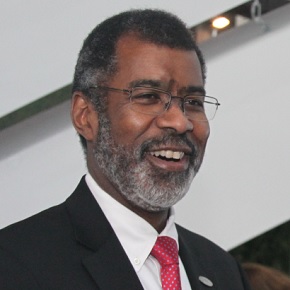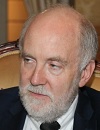 |
||
|
Russia and Rwanda agreed to construct the first Centre of Nuclear Science and Technologies in Rwanda Communications Department of ROSATOM, PUBLISHED 26.10.2019 Russia and Rwanda signed an agreement to construct the first Centre of Nuclear Science and Technologies in Rwanda with participation of ROSATOM.The signing ceremony took part at the Russia-Africa Economic Forum. The agreement to construct Rwanda’s first Centre for Nuclear Science and Technology (CNST) was signed by ROSATOM Director General Alexey Likhachev, and Rwanda’s Minister of Infrastructure Claver Gatete. The CNST will become a modern platform for carrying out a whole range of scientific research and practical application of nuclear technologies. It will allow the production of radioisotopes for widespread use in industry and agriculture as well as in healthcare, thus addressing the issue of lack of cancer treatment. Moreover, the Centre will facilitate the analysis of elemental composition of ore and minerals and environmental samples, train highly qualified local personnel for the nuclear industry, contribute to digital technologies research and many others. The CNST is expected to comprise of a multi-purpose research water-cooled reactor with up to 10 MW capacity. It will be equipped with laboratories, systems and functional units necessary for safe operation. Other news: 450 nuclear units are operating in the world Another 52 units have the status of the being built one. Russia and China signed the Executive contracts for the construction of Tianwan NPP and Xudabao NPP Package defines the major lines to develop cooperation between Russia and China. WANO members vote to establish a new Branch Office and Support Centre in China WANO has defined a high-level, three-phase deployment model for the office in Shanghai. Last news:
|
Hero of the day 
William D. Magwood, IV: We are looking for ways to encourage young people I think our members have understood that one of the biggest issues going forward is making sure that we have a new generation of young people that can take up the work of developing, deploying and operating nuclear facilities in the future. INTERVIEW
Matthew Bunn OPINION
WANO |
Licence РР» №ФС77-30792. ATOMINFO™ trademark.

